AI tools like ChatGPT are expected to make some jobs obsolete and disappear. But the overall impact of AI on the long-term job market is unclear. Even tech visionaries like Musk and Huang disagree.
The two have known each other for a long time. Mr. Huang is a Tesla customer and interviewed Elon Musk at an Nvidia event in 2015. He also praised Musk’s achievements with electric cars. Since the AI boom, however, Nvidia has become more prominent thanks to the demand for AI chips. The chipmaker’s market capitalization has surpassed $1 trillion, higher than Tesla’s (currently at $690 billion).
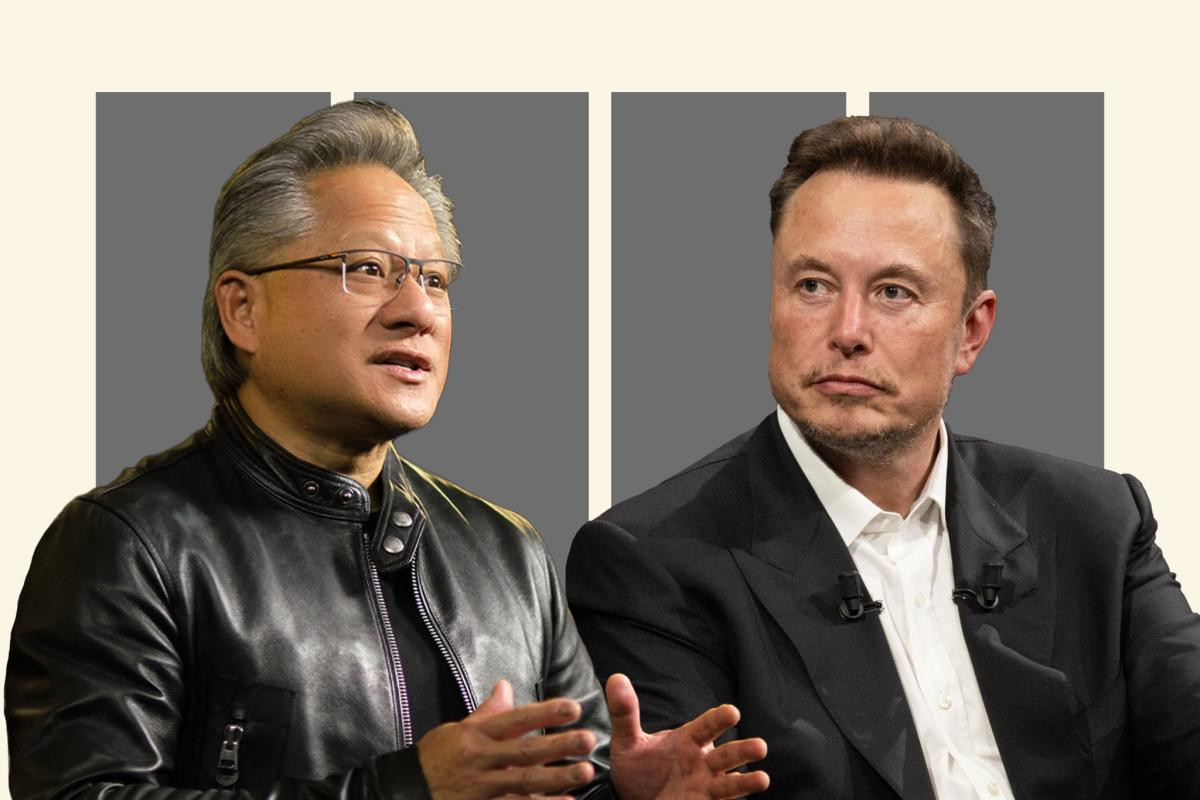
During the second-quarter earnings call, Musk said he has “great respect for Jensen and Nvidia.” Tesla uses a lot of Nvidia hardware.
Still, Musk's view of the potential for AI to replace humans in jobs is decidedly more murky than Huang's.
What will jobs be like with AI?
“There will come a time when there will be no jobs,” Musk said on stage with British Prime Minister Rishi Sunak at the AI Safety Summit in the UK on November 2. “You can have a job if you want to. But one of the challenges of the future is how do we find meaning in life.”
Calling AI "the most disruptive force in history," Musk believes we will eventually "have something smarter than the smartest human."
A few weeks earlier, Huang shared a more optimistic view of AI in an interview with the Acquired podcast. According to the Nvidia CEO, higher productivity leads to prosperity. As companies become more successful, they hire more because they want to expand into more areas.
He cited a common belief that if businesses improve productivity with AI, they will employ fewer people. But that’s if they don’t have new ideas, which most companies don’t. He pointed out that industries are bigger today than they were a thousand years ago “because people obviously have a lot of ideas.”
Huang thinks some people will lose their jobs to AI, but they are more likely to lose them to someone else who knows how to use AI. “I think jobs will change,” he said, but “we will create more jobs.”
Remote work story
The difference may stem from the fact that Musk seems to have a harsher view of employees than Huang. Another area where they disagree completely is remote work. While Musk is strongly against it, calling remote work “fake work,” Huang has no problem with it. In 2020, speaking to VentureBeat , Huang said he’s “perfectly comfortable” with how employees choose to work.
Nvidia has maintained its remote work policy, in contrast to other tech companies. A growing number of high-profile CEOs are joining Musk in asking employees to return to the office.
While Musk fired 80% of the workforce at Twitter (now X) after acquiring the company late last year, facing a barrage of criticism and lawsuits, Huang's Nvidia avoided a wave of layoffs.
In an interview with Acquired , Huang said that the thing he fears today is the same as when he was a startup: “letting down employees.” “A lot of people join your company because they believe in your hopes and dreams, they accept it as their hopes and dreams… You want them to build a great life and help you build a great company,” he said.
(According to Fortune)
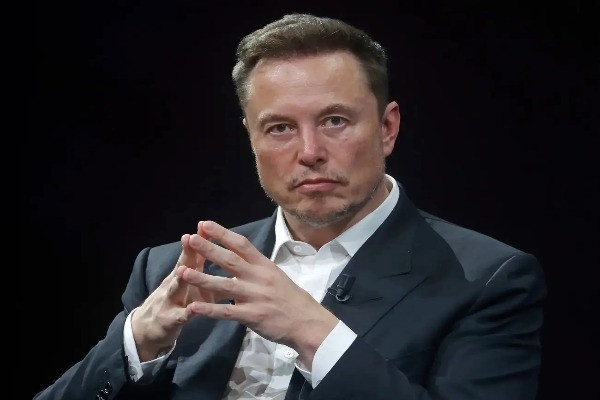
Source




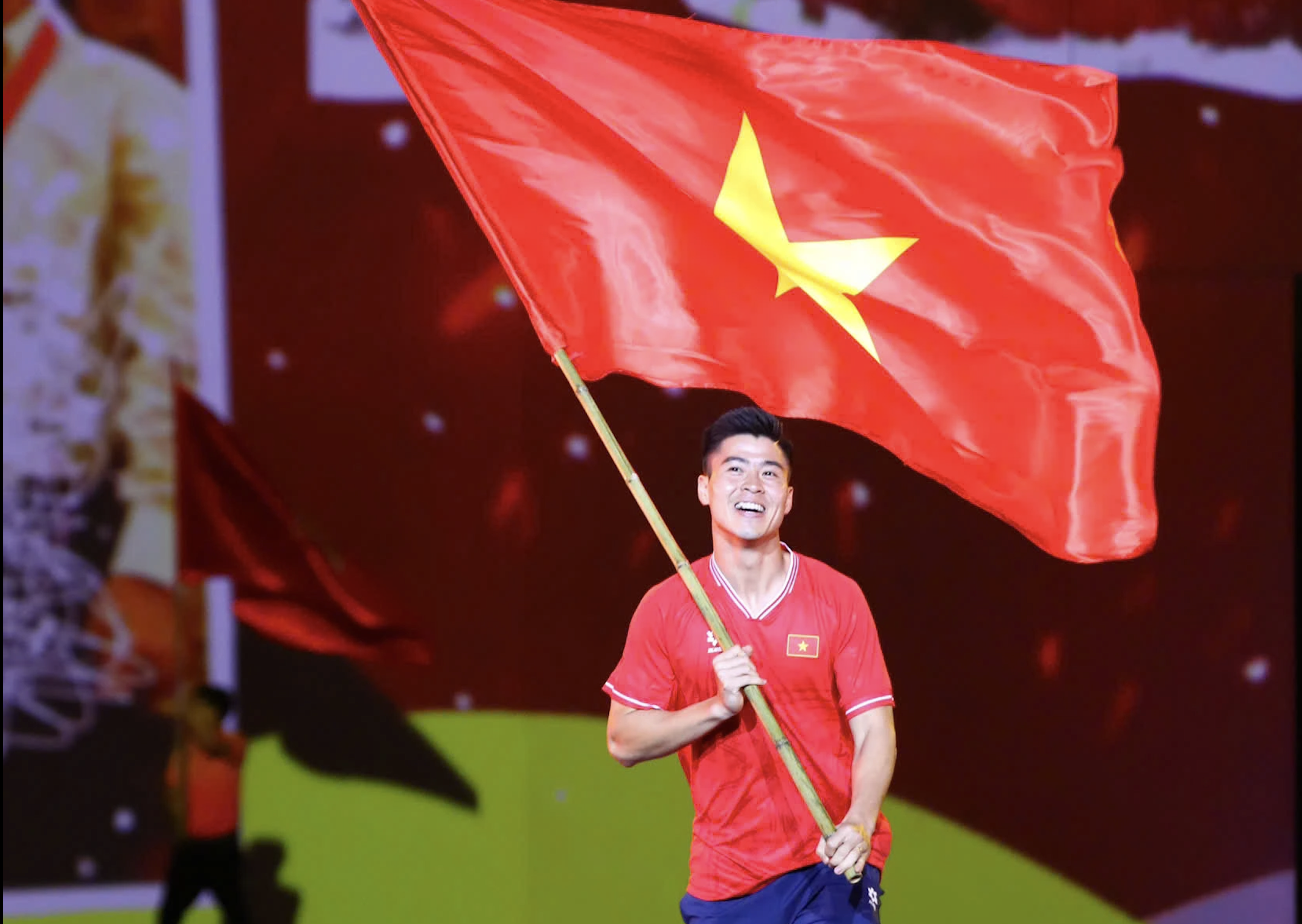

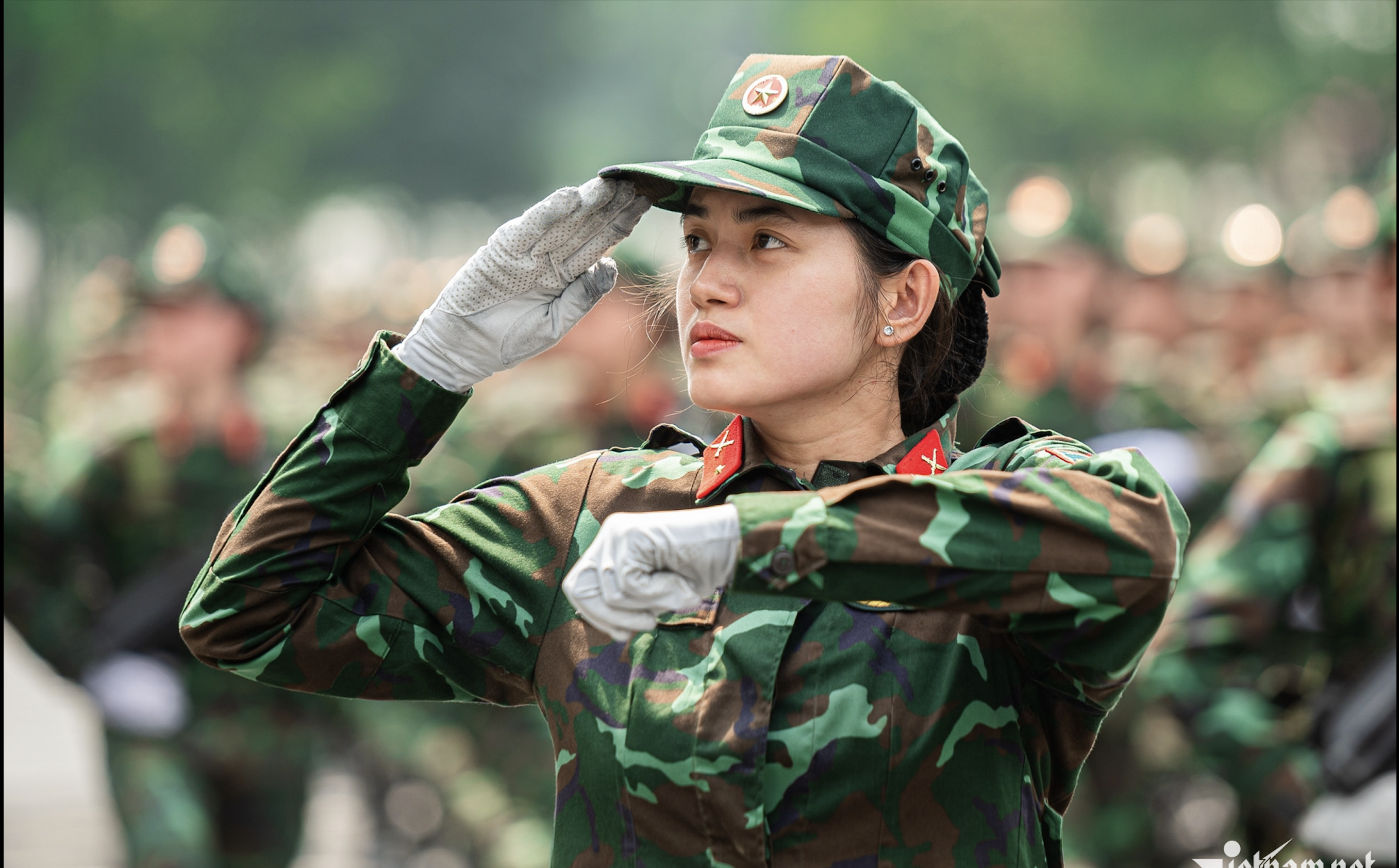

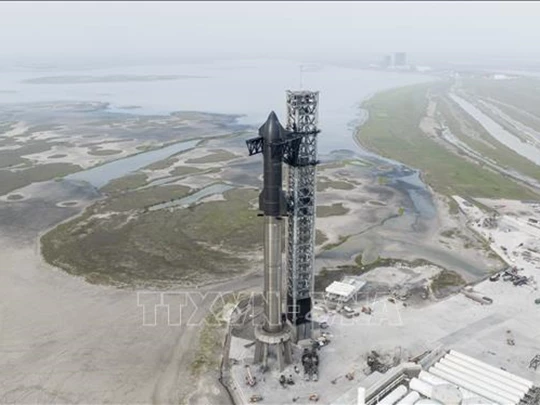

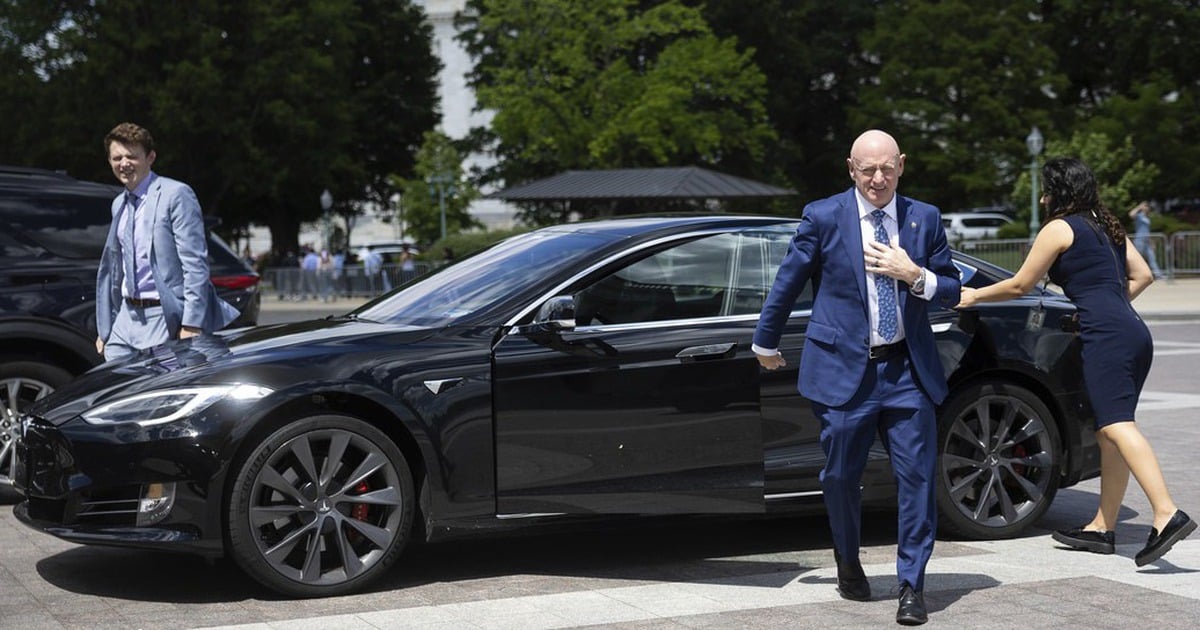


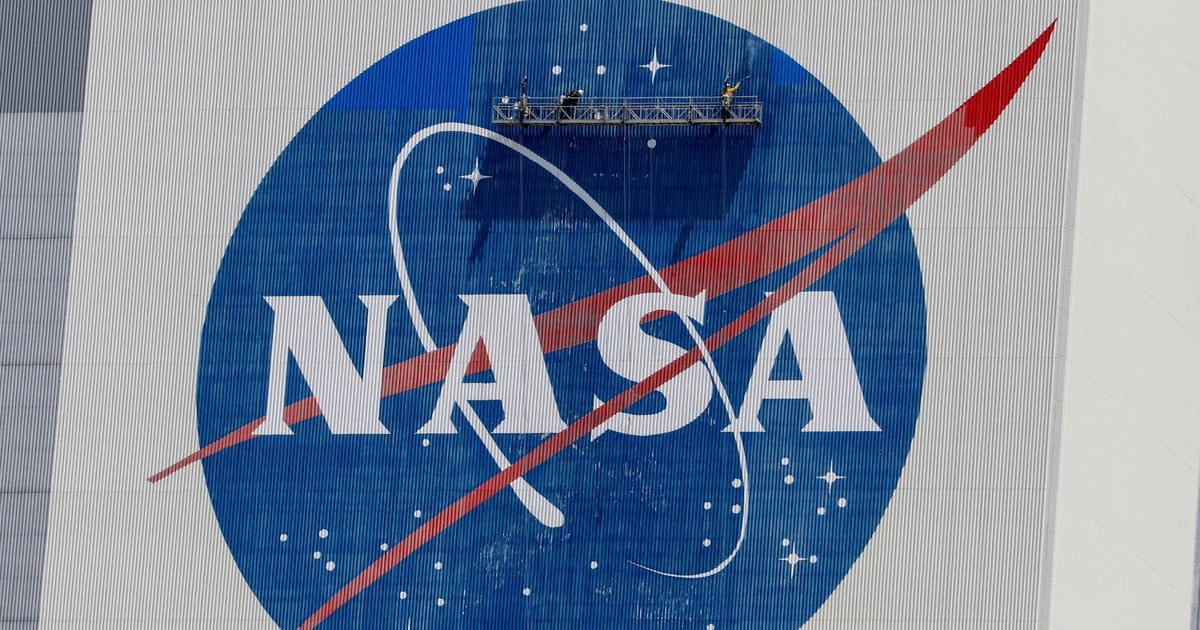
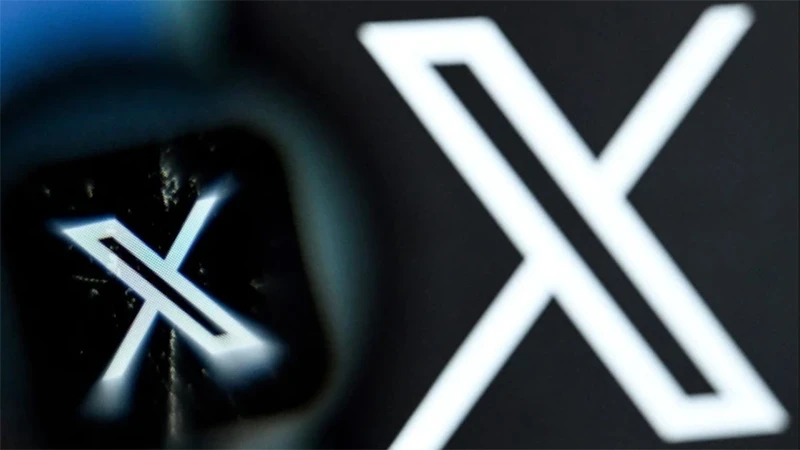

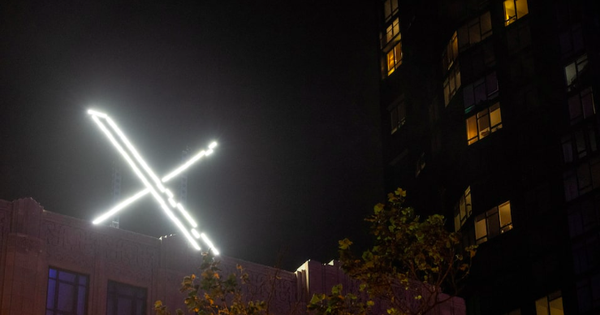

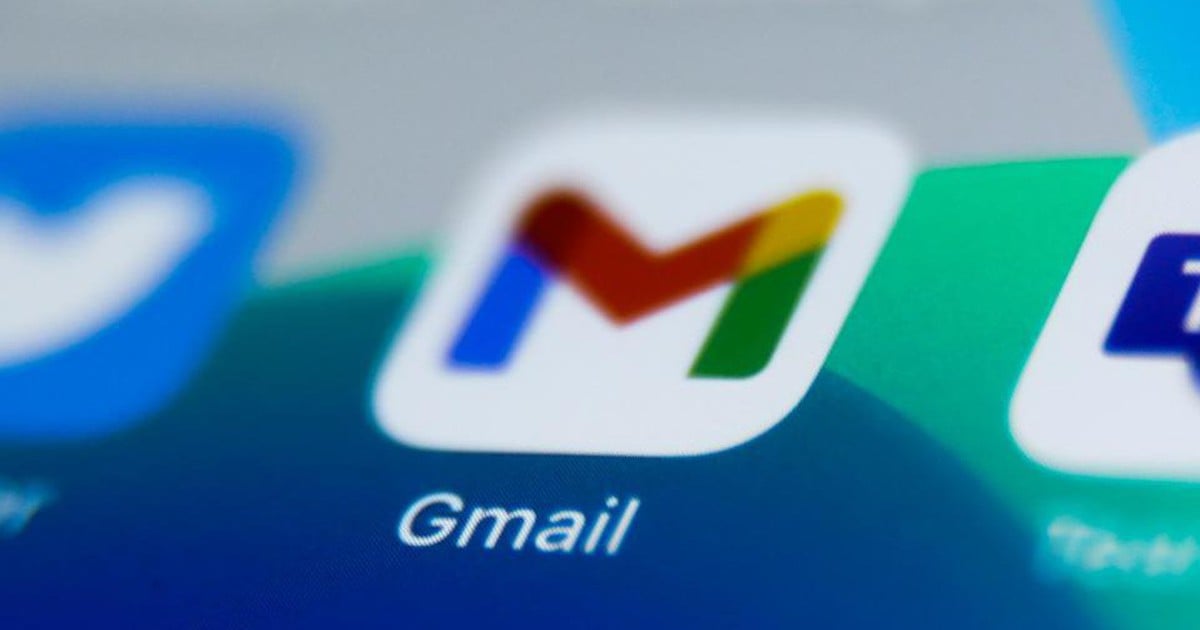
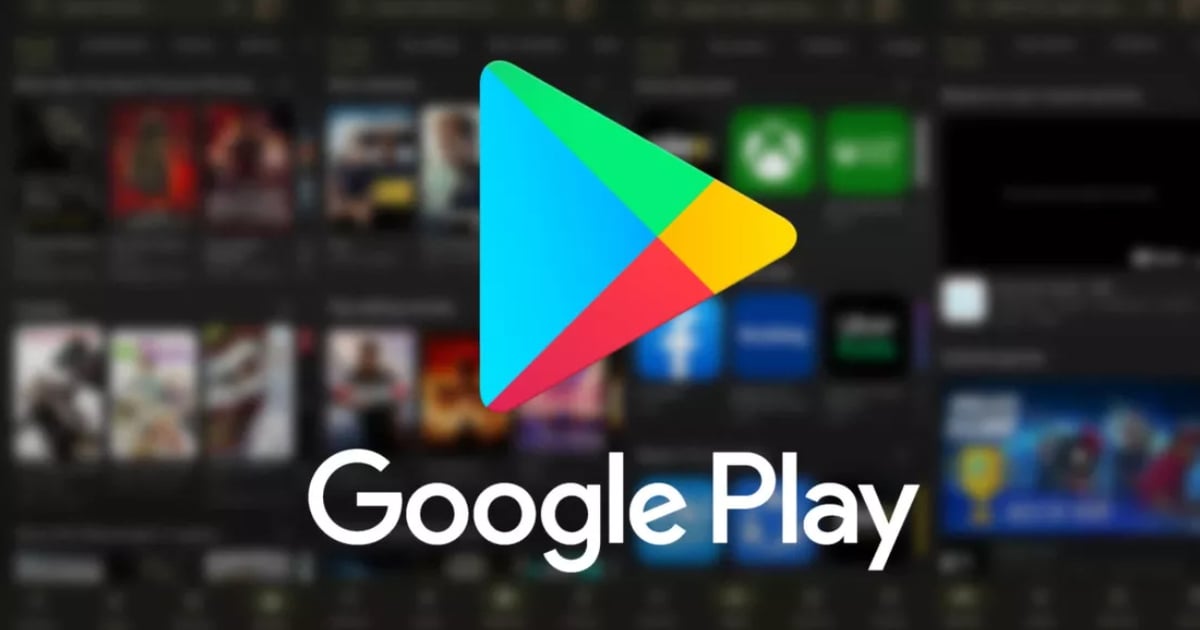

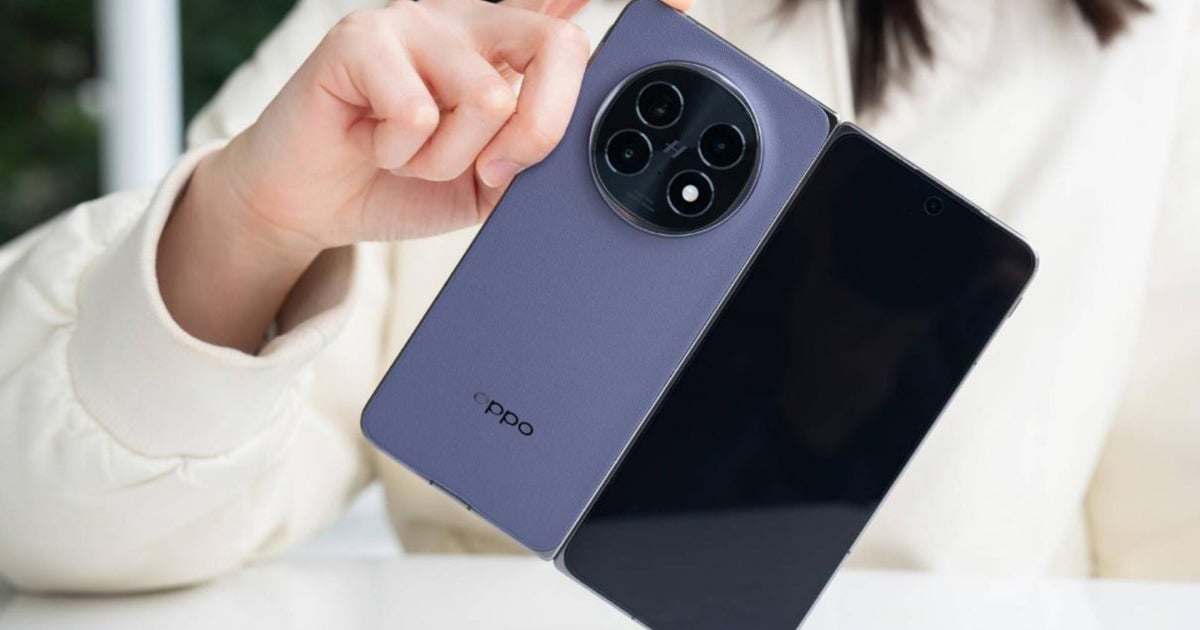

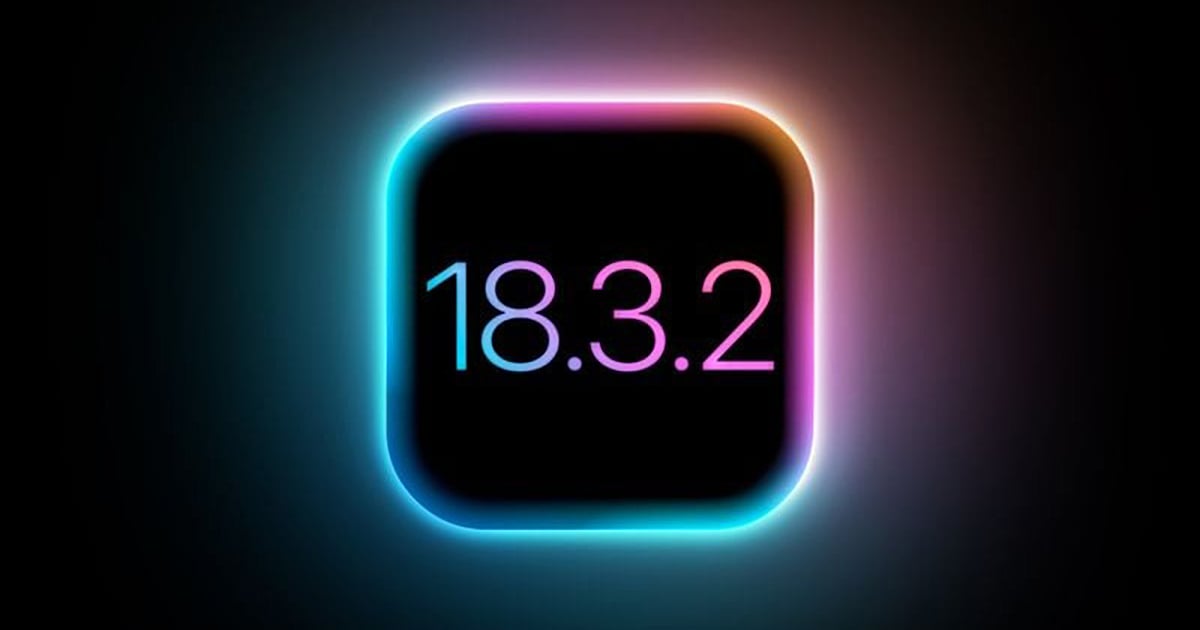
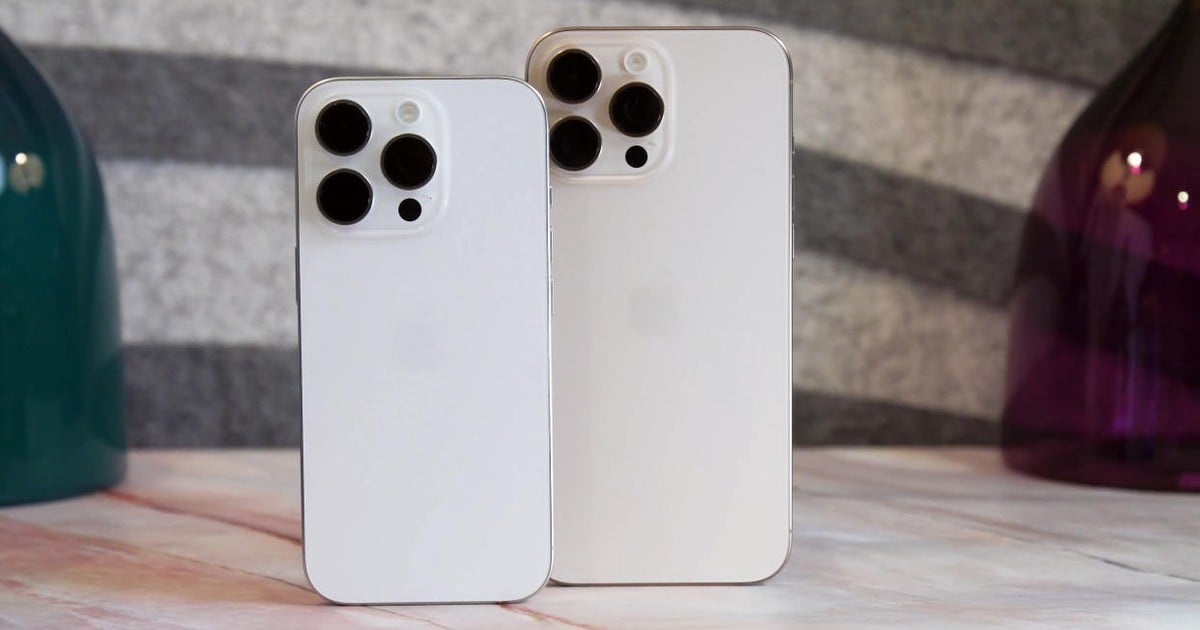

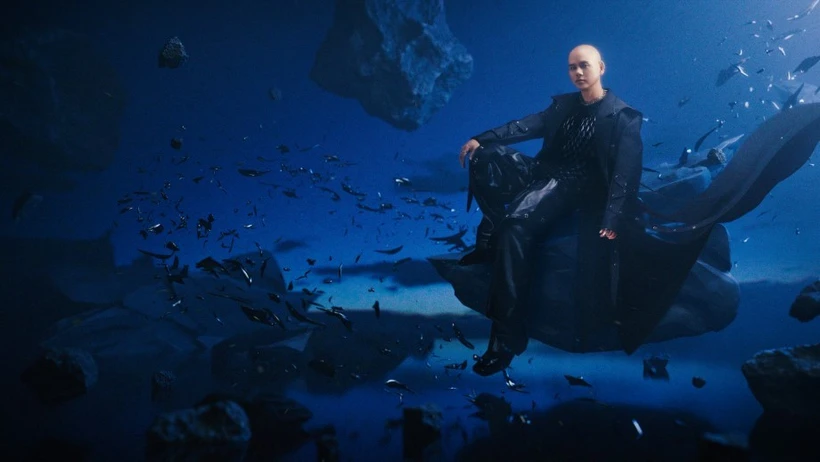

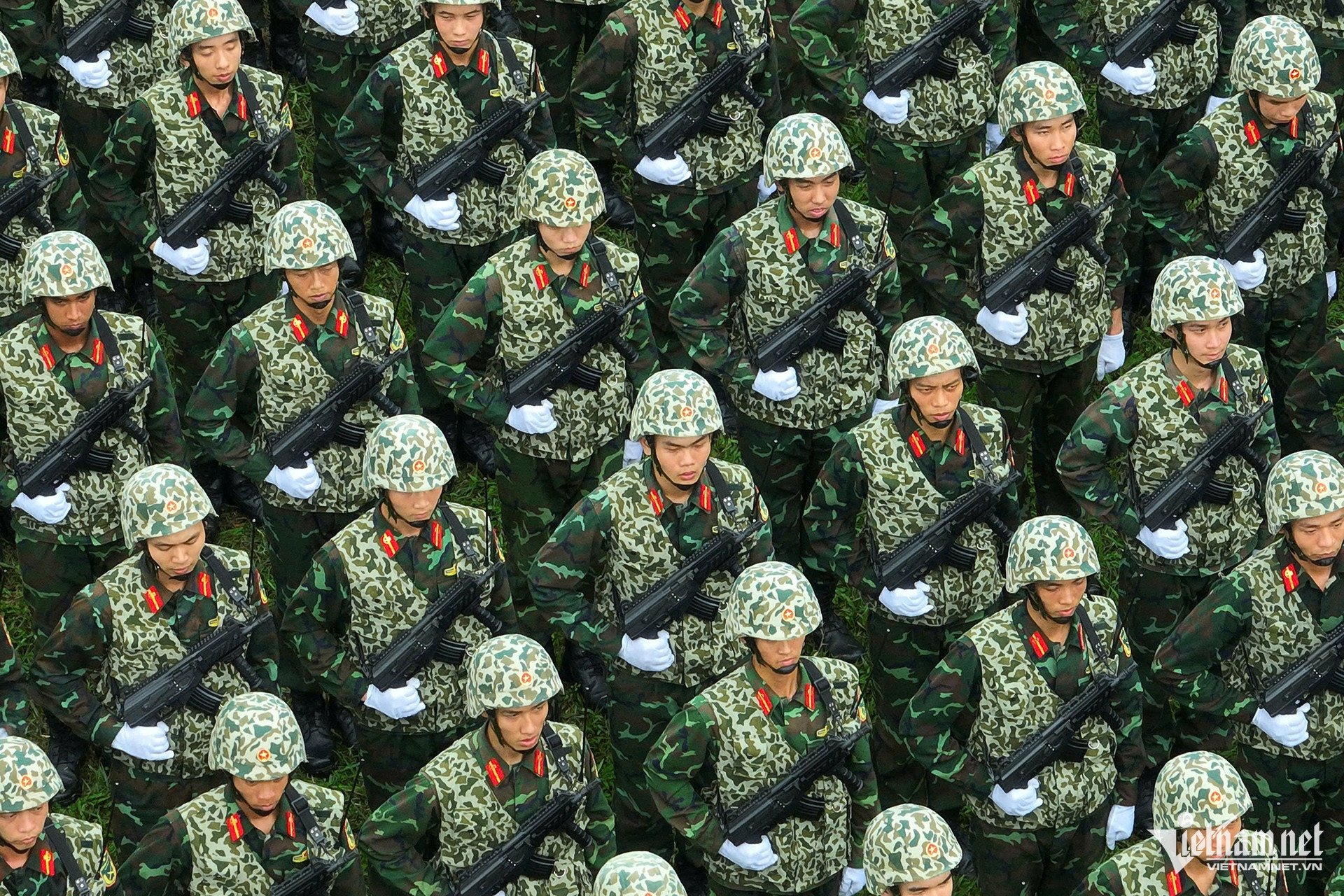

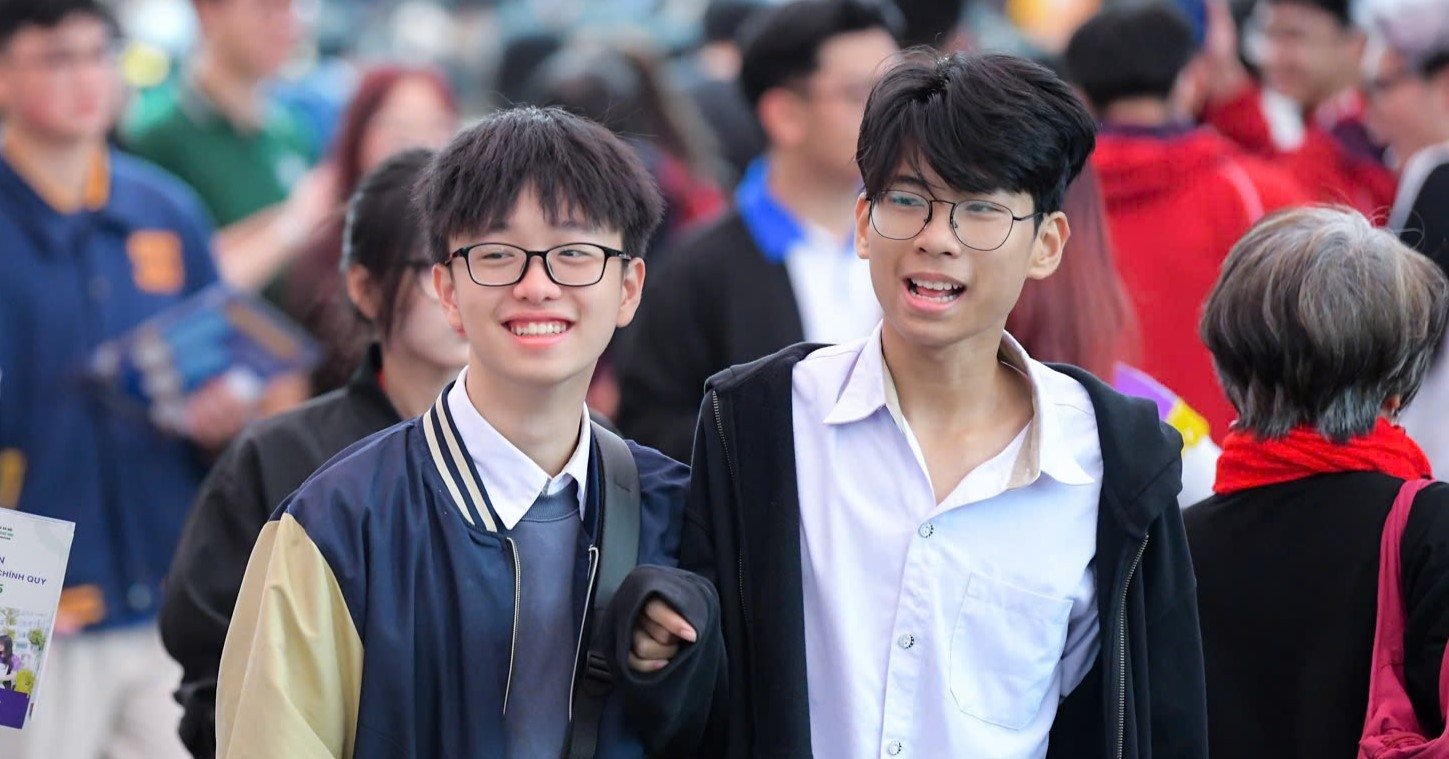
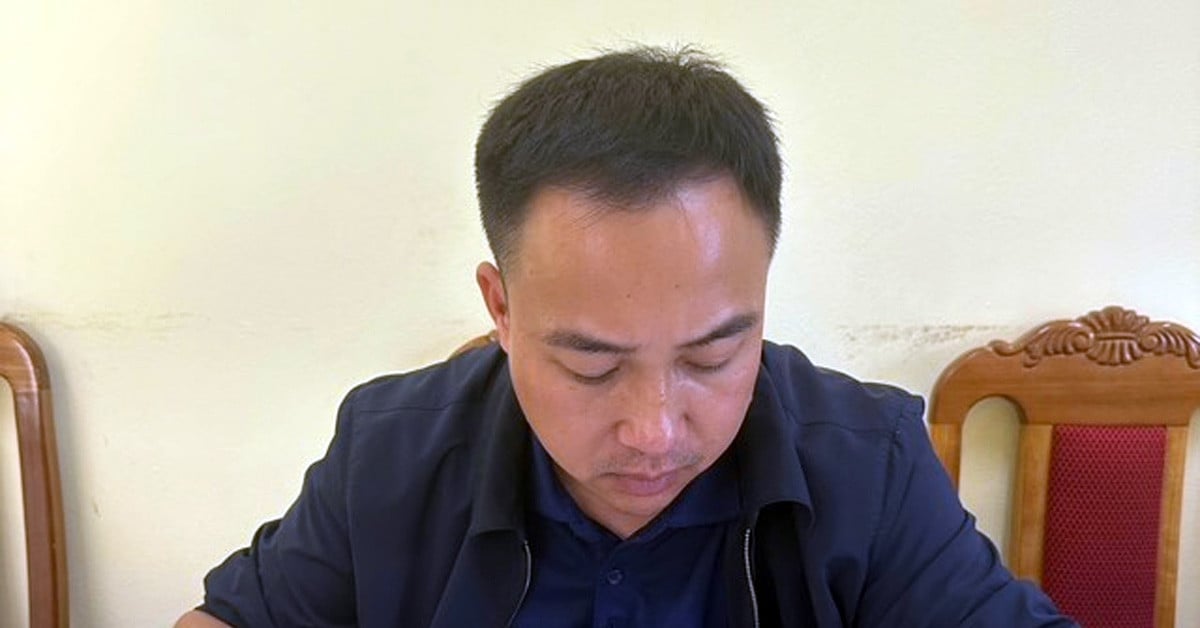


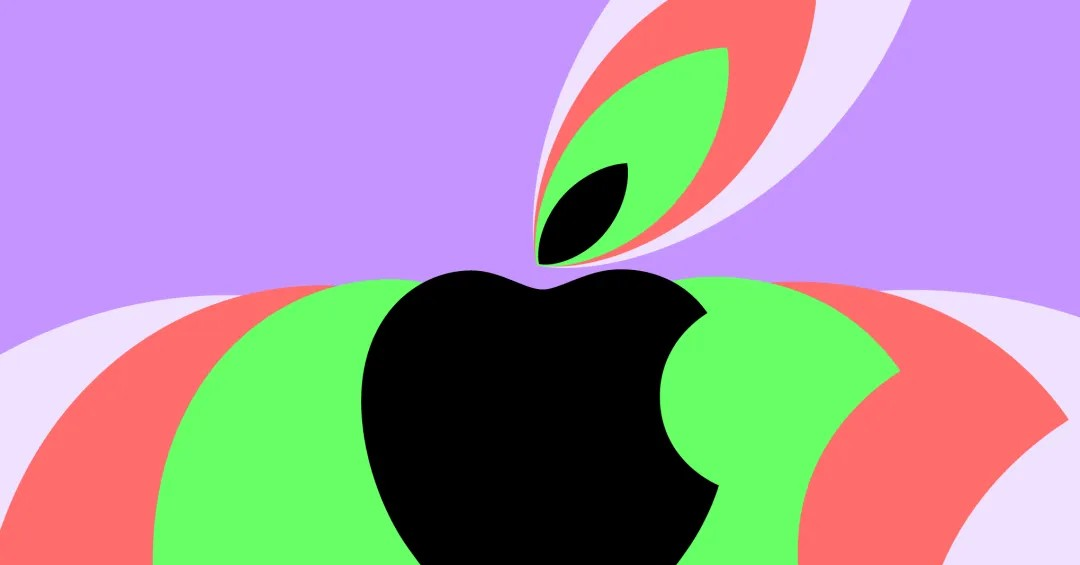



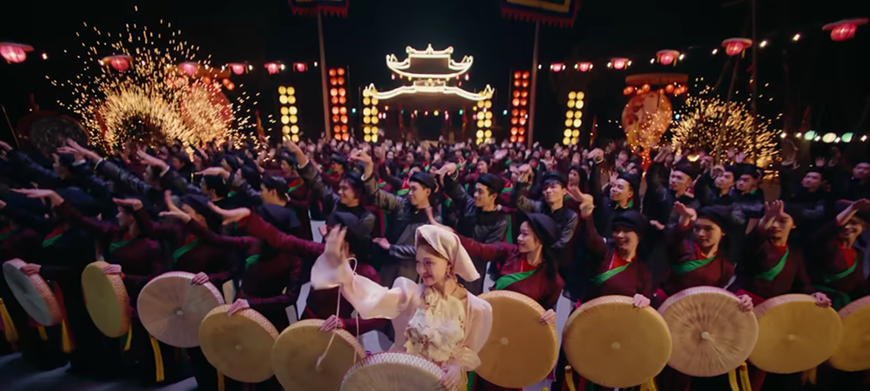

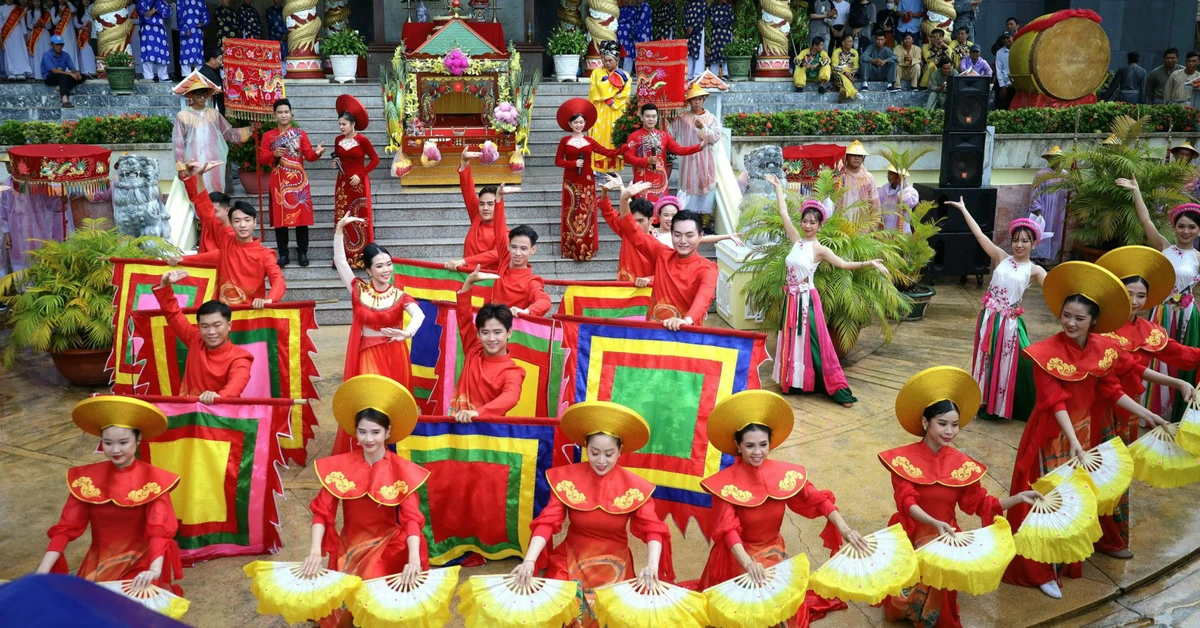

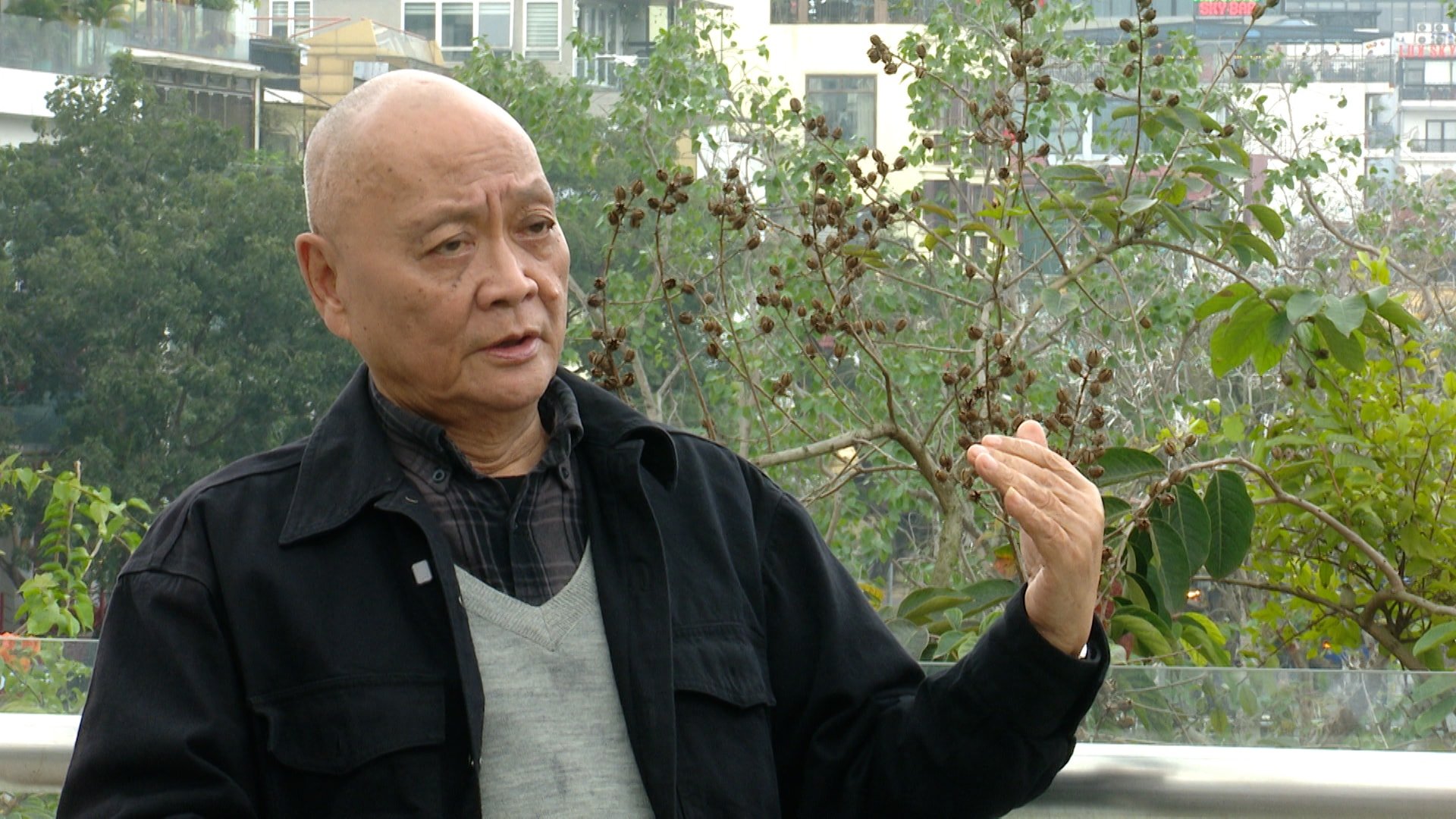






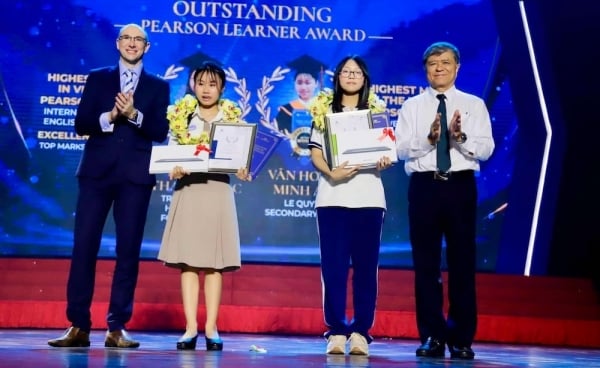




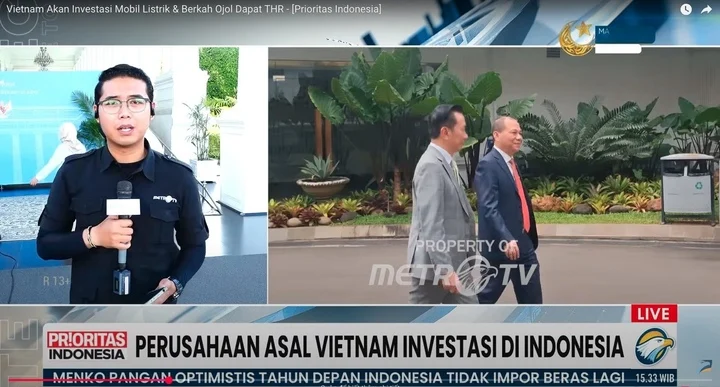

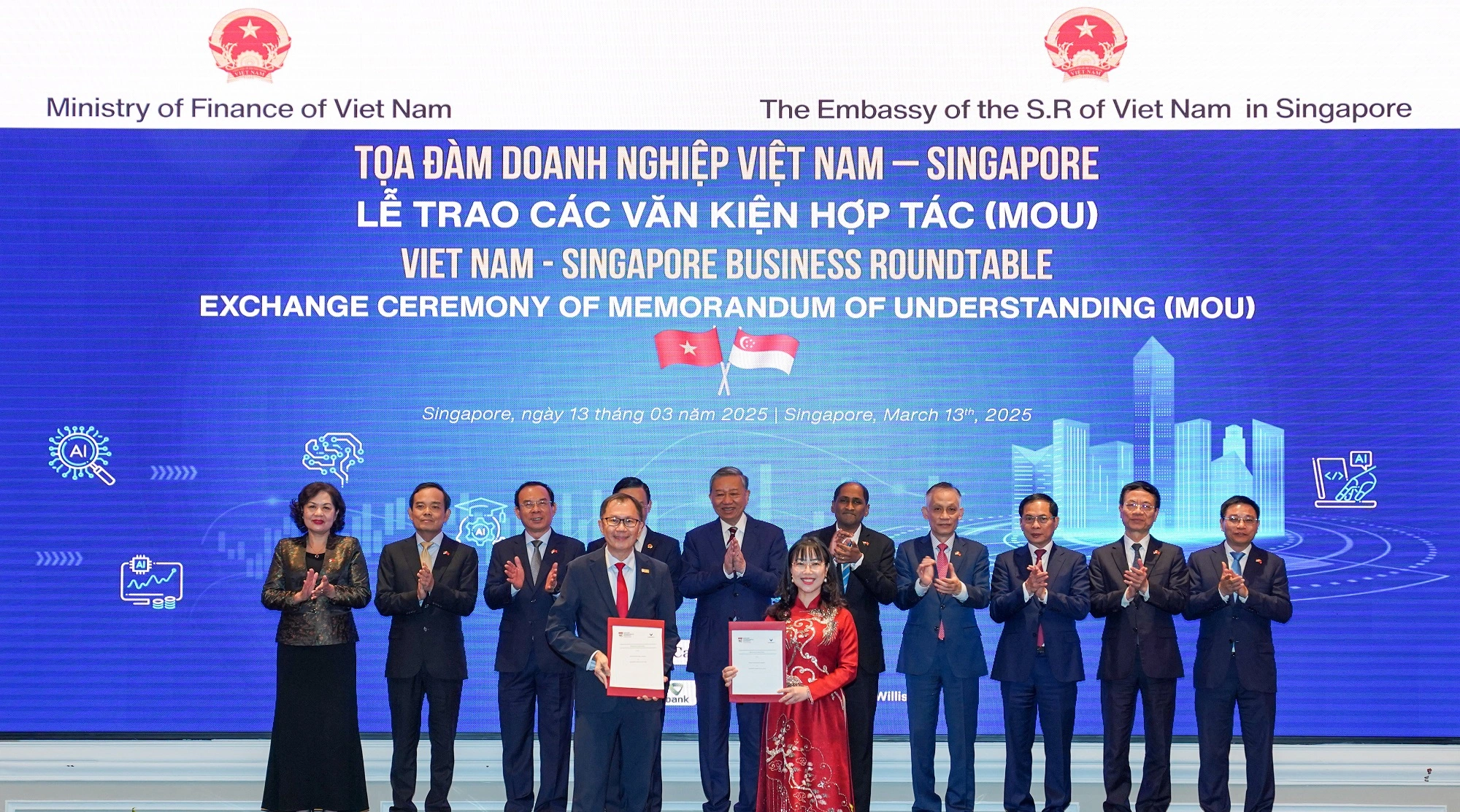
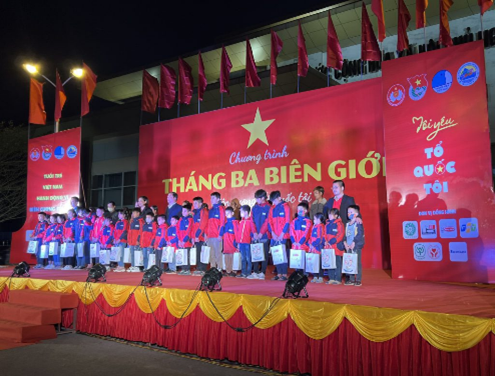




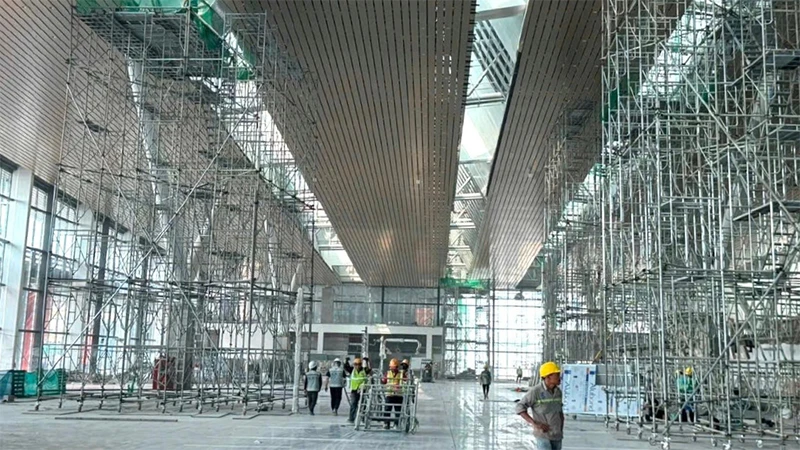

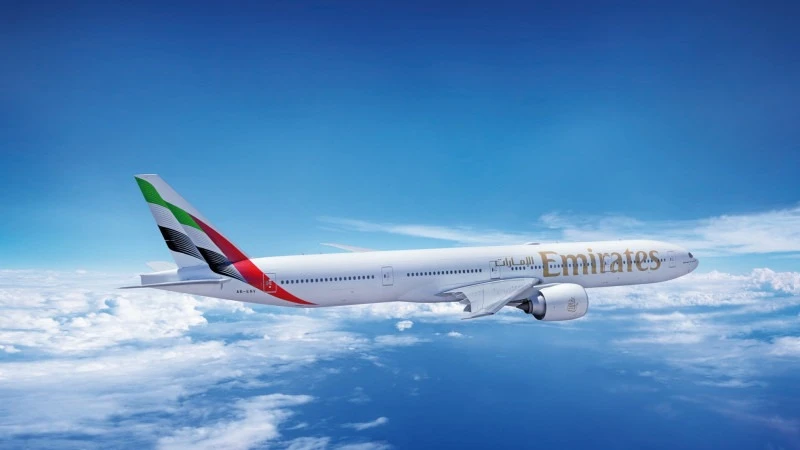
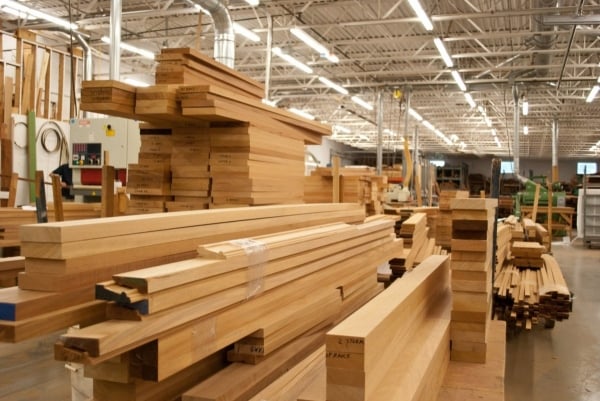

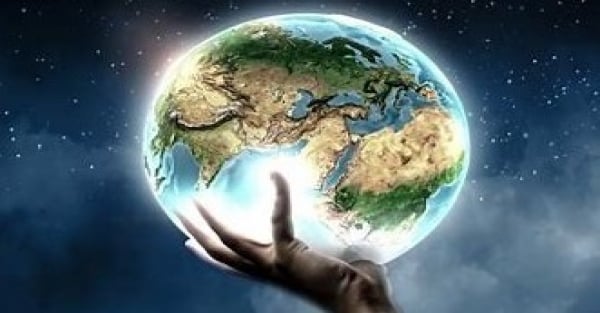

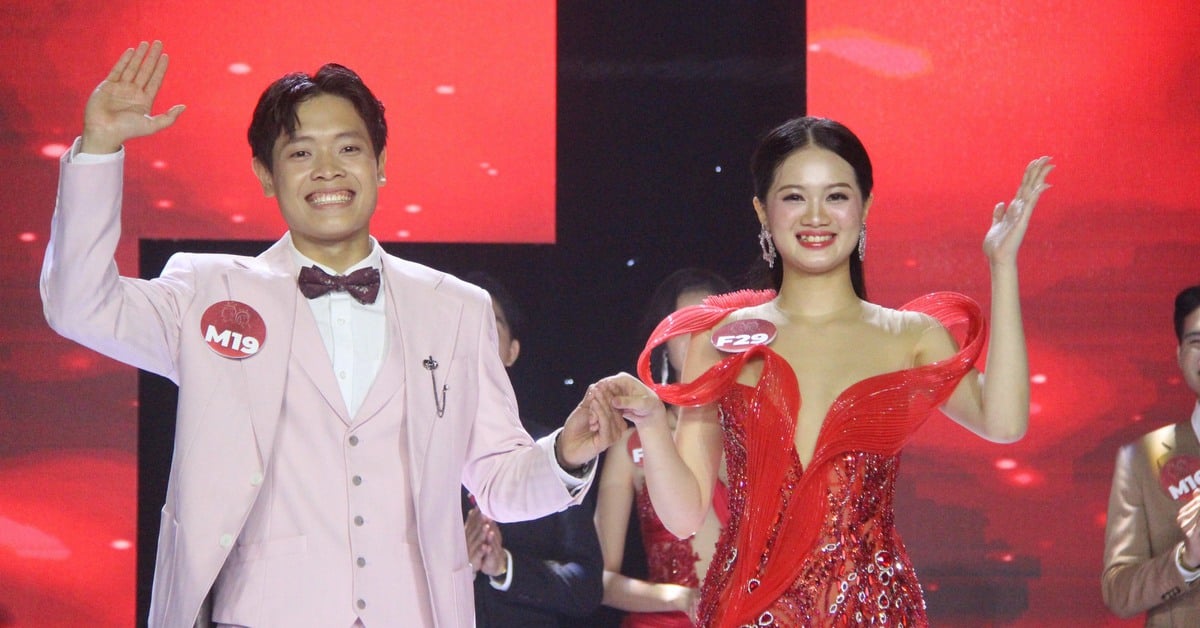



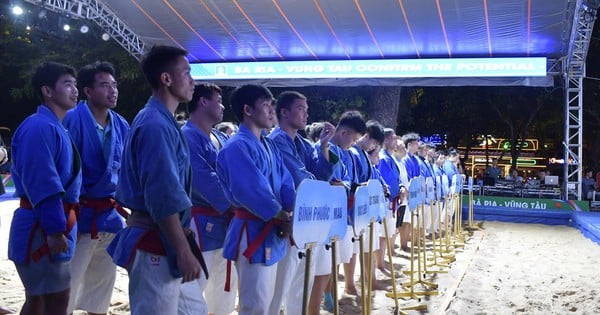

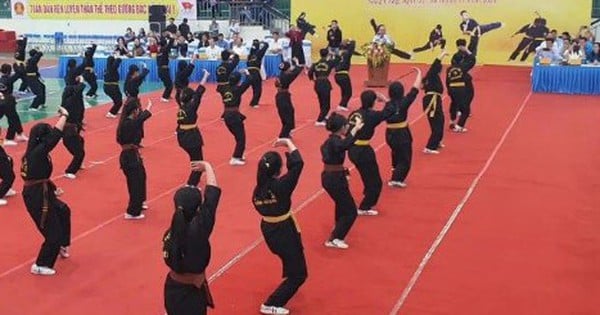


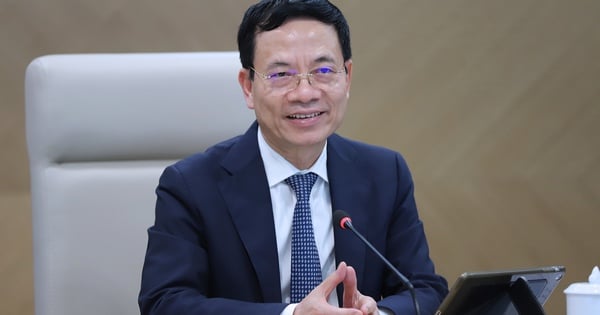

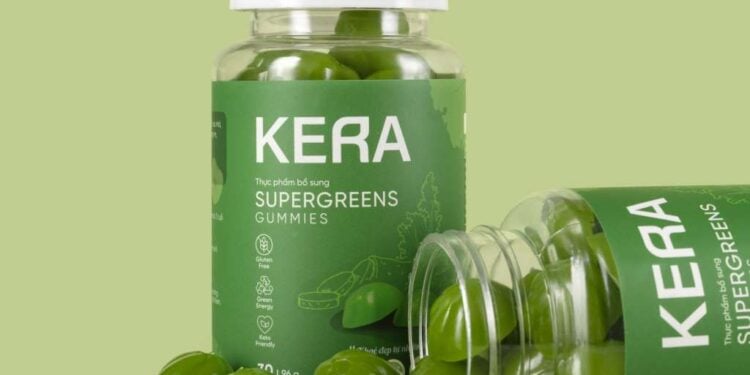





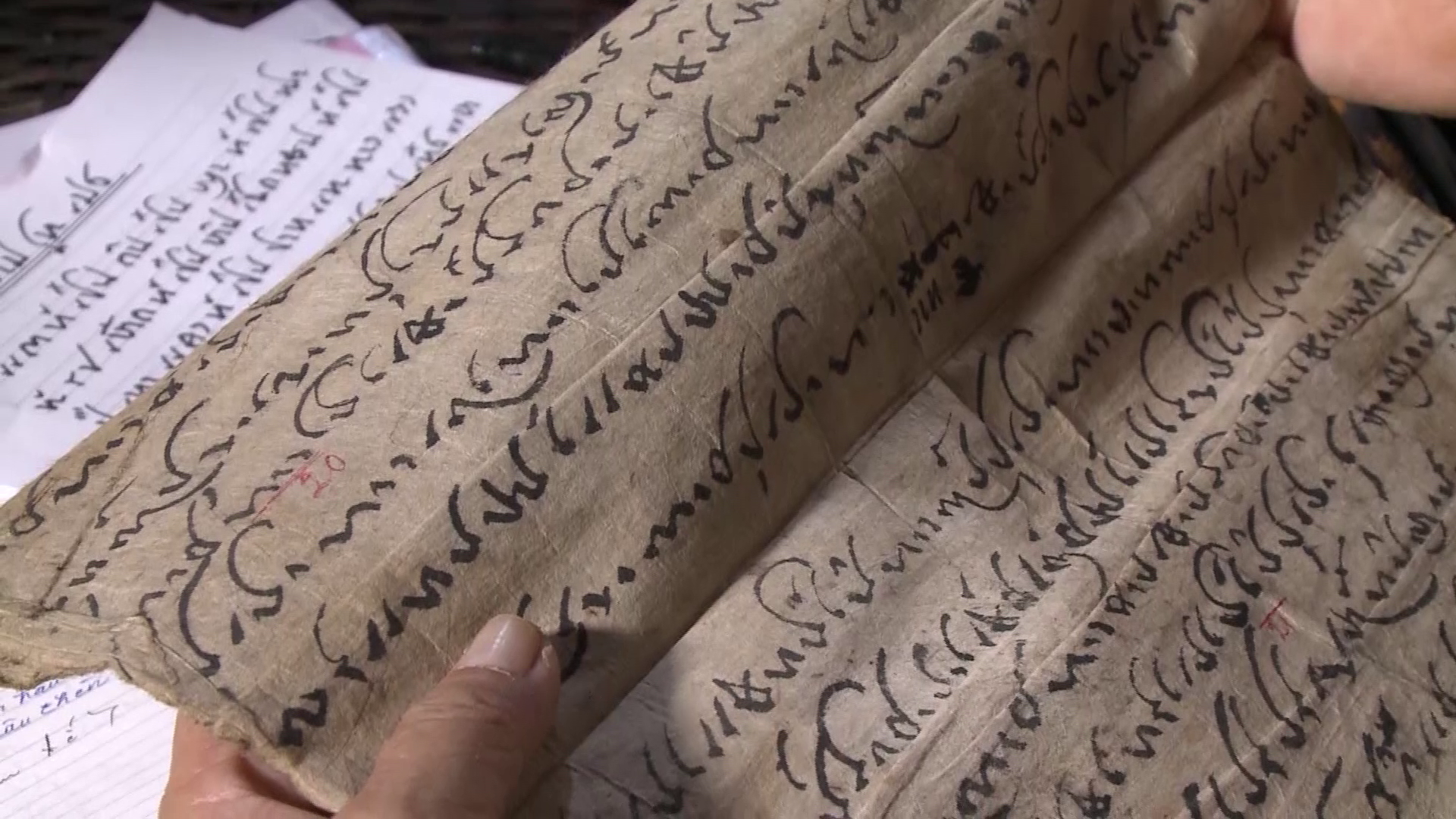

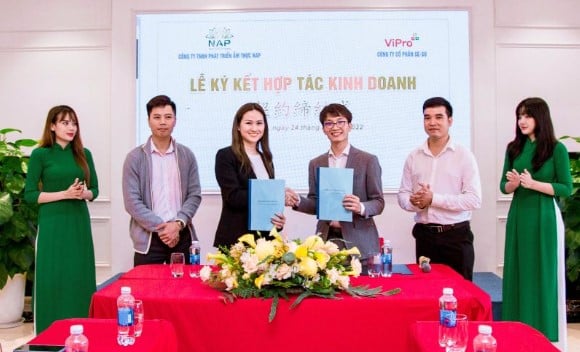
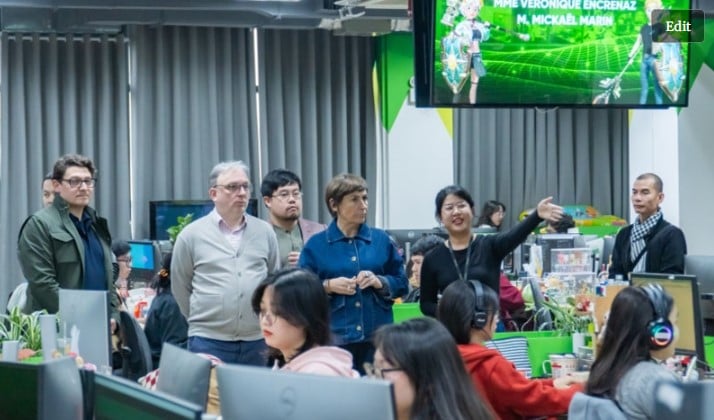





Comment (0)